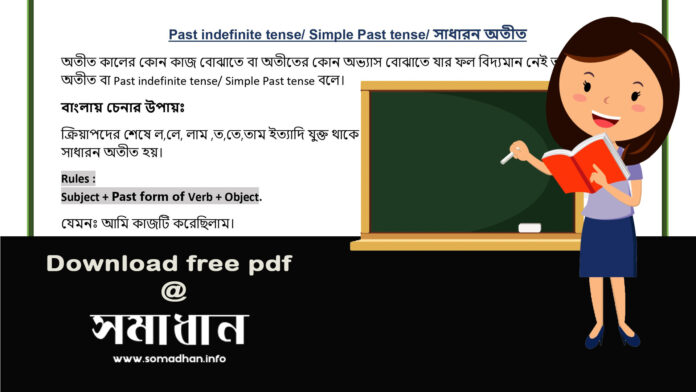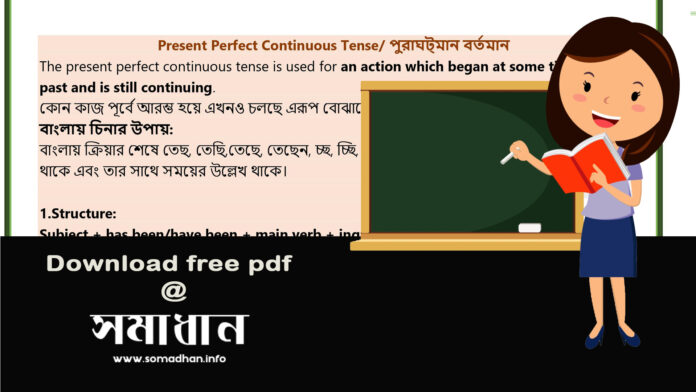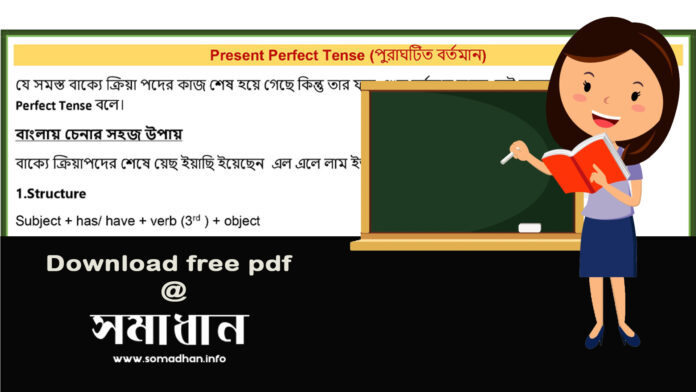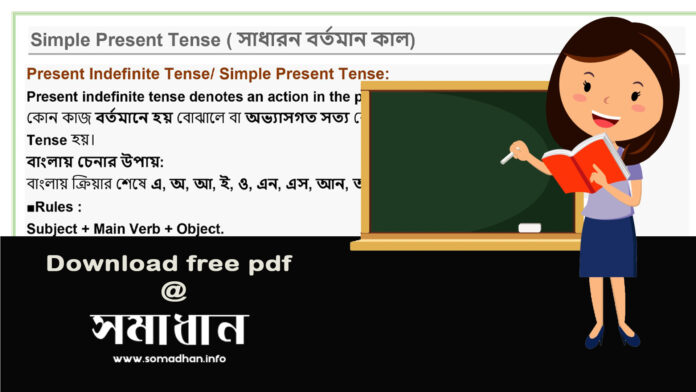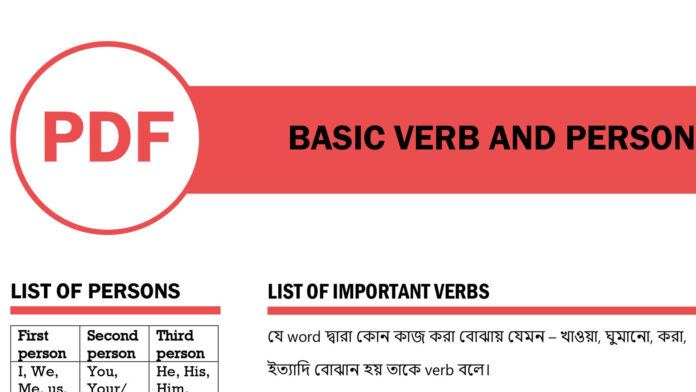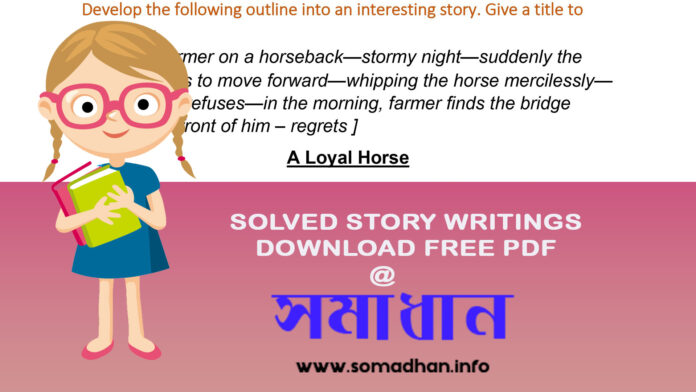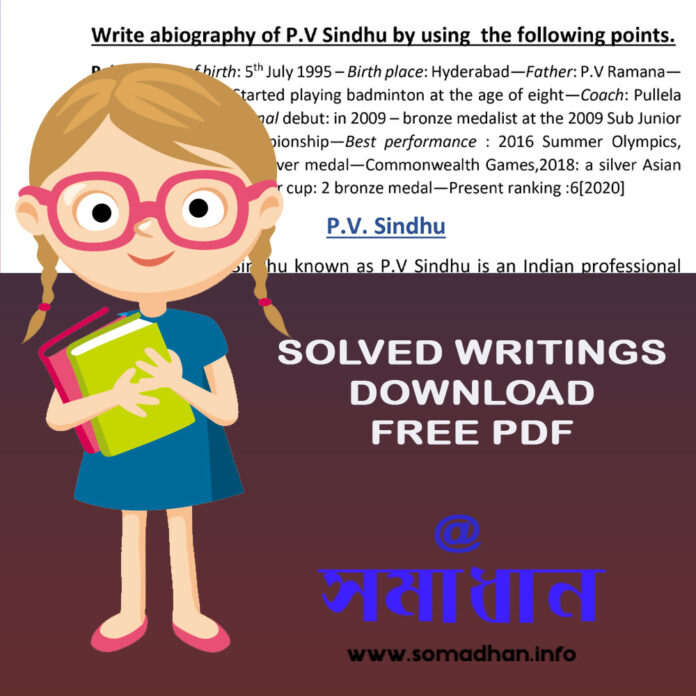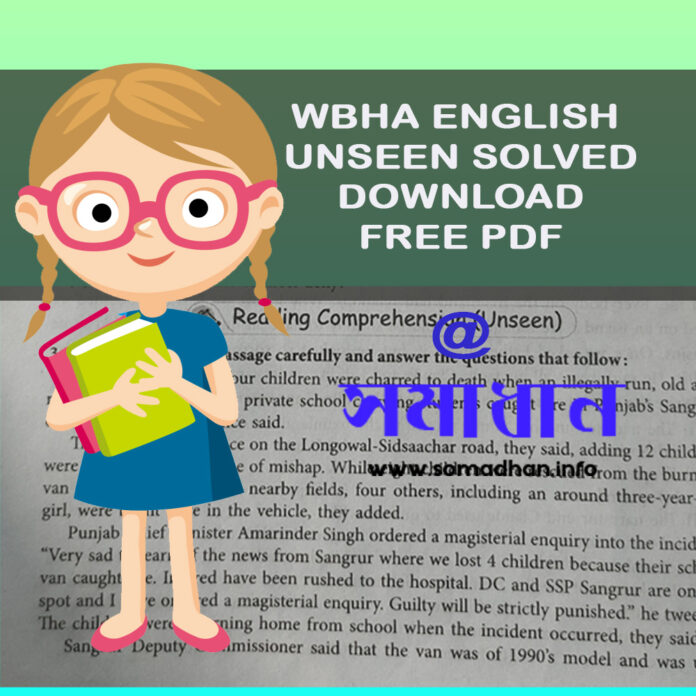Past indefinite tense/ Simple Past tense/ সাধারন অতীত
অতীত কালের কোন কাজ বোঝাতে বা অতীতের কোন অভ্যাস বোঝাতে যার ফল বিদ্যমান নেই তাকে সাধারন অতীত বা Past indefinite tense/ Simple Past tense বলে।
বাংলায় চেনার উপায়ঃ
ক্রিয়াপদের শেষে ল,লে, লাম ,ত,তে,তাম ইত্যাদি যুক্ত থাকে তবে তা Past indefinite tense/ Simple Past tense/ সাধারন অতীত হয়।
Rules :
Subject + Past form of Verb + Object.
যেমনঃ আমি কাজটি করেছিলাম।
I did the work.
এখানে do এর past form হয়েছে did. এইভাবে Past Indefinite Tense এর সময় verb এর past form হয়েছে।
Example:
আমরা গতবছর কলকাতা গিয়েছিলাম। – We went to Kolkata last year.
পথে রামের সাথে দেখা হল। – I met Ram on the way.
সে স্কুলে গিয়েছিল – He went to school.
বাবা আমাকে ভাল উপদেশ দিয়েছিল। -Father gave me good advice.
■Negative sentences: সাধারন অতীতে না সূচক বাক্যে অর্থাৎ বাক্যে না ,নয়, ইত্যাদি শব্দ থাকলে বাক্যকে Negative sentences বলে।
Rules:
Subject +did + not + Main Verb + Object.
Example:
সে মাছ পছন্দ করত না- He did not like fish.
দেবু স্কুলে পড়ত না – Debu did not read in school.
আমরা মাঠে খেলতে যেতাম না -We did not go to play in the field.
■Positive Interrogative Sentence: সাধারন অতীতে হ্যাঁ- বাচক প্রশ্ন গঠনের নির্দিষ্ট নিয়ম আছে।
Rules :
Did+Subject + Main Verb + Object?
Example:– তুমি কি গল্পের বই পরতে? –Did you read story books?
-তোমরা কি মাঠে খেলতে?- Did you play in field?
– তারা কি পুকুরে মাছ ধরত?- Did they catch fish from pond?
■Negative Interrogative Sentence: সাধারন অতীতে না- বাচক প্রশ্ন গঠনের নির্দিষ্ট নিয়ম আছে।
Rules :
Did+not +Subject + Main Verb + Object?
Example:– সে কি গল্পের বই পরত না? – Did not she read story books?
-তোমরা কি মাঠে খেলতে না?- Did not you play in field?
– তারা কি কলকাতায় থাকতো না ?- Did not they live in Kolkata?
■Wh-word Positive Interrogative Sentence : Wh word অর্থাৎ Who( কে ) , Where ( কোথায় ) ,When ( কখন ) ,Why ( কেন ) ,What ( কি ) ,How ( কিভাবে ), Which ( কোনটি ), ইত্যাদি দ্বারা প্রশ্ন গঠনের নির্দিষ্ট নিয়ম আছে।
Rules :
Wh-word +Did+Subject + Main Verb + Object?
Example:– তুমি কেন গল্পের বই পড়তে? – Why did you read story books?
-তোমরা কোথায় খেলতে?- Where did you play ?
– তারা পুকুরে কি ধরত ?- What did they catch from pond?
■Wh-word Negative Interrogative Sentence: সাধারন অতিত না- বাচক প্রশ্ন গঠনের নির্দিষ্ট নিয়ম আছে।
Rules :
Wh-word +Did+ not +Subject + Main Verb + Object?
Example:– সে কেন গল্পের বই পড়তে না? – Why did not he read story books?
-বিশু কোথায় যেত না?- Where did not Bishu go ?
– তারা কখন পড়াশুনা করত না?- When did not they study?
Click here to download


